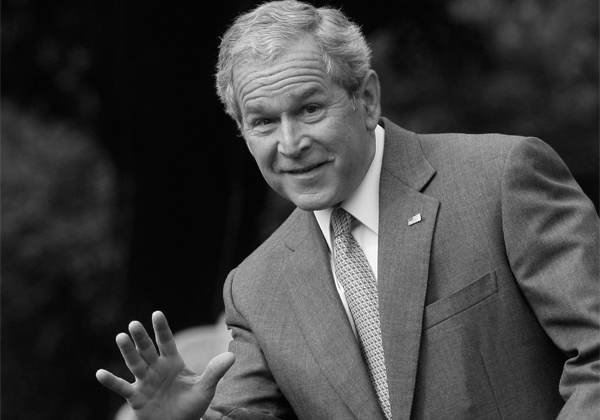The ICJ is alarmed by the Executive Order issued by President Bush on 13 November, authorizing the establishment of military commissions to try persons accused of terrorist activities.
If implemented, this order will contravene fundamental principles of due process and separation of powers. The ICJ calls upon President Bush to cancel this Executive Order or to amend it so as to conform with international and US Constitutional standards of due process, including by placing responsibility for all trials of non-military personnel under independent and impartial civilian judicial authority.
The envisaged military commissions will be able to convene in the United States, on the territory of another state, or on the high seas. Operating under rules to be drawn up by the US Department of Defence, they may be authorised to receive evidence in secret and such evidence will not necessarily be shared with the defendant. Well-established rules governing the admission of evidence may be disregarded. Defendants may not be entitled to representation by counsel of their choosing. The decisions of the commissions will not be subject to judicial appeal, but only to presidential review.
As military law may apply, convicted persons may face the death penalty.
International law requires that any and all persons facing prosecution for criminal acts appear before an independent and impartial court of law and are fully accorded all guarantees of due process. The military commissions clearly run afoul of these standards.
The envisaged system of military commissions skewers the ordinary checks and balances and separation of powers essential to state institutions functioning under the rule of law. Verdicts reached by such bodies will not only carry adverse implications for the rights of defendants, but will also raise doubts domestically and internationally as to the legitimacy of the verdicts themselves. This consequence cannot but ultimately hinder the battle against terrorist activities.
There is no reasonable basis upon which to conclude that ordinary civilian courts of law would in any way be deficient to meet the challenges of trying accused terrorists. On the contrary, such courts have previously proved optimally effective in achieving fair trials with just verdicts.




